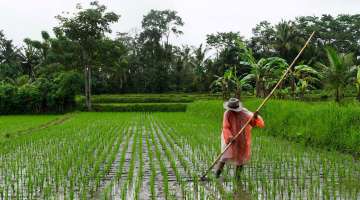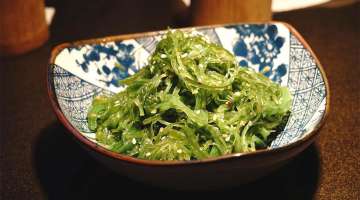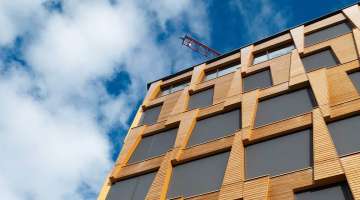POSTED Apr 06, 2022 - 02:36 PM
Sustainability ABCs: The J and K’s of sustainable business practices
Here are some frequently used terms in sustainability—starting with the letters “J” and “K”
The ABCs of sustainable business practices is a series that aims to equip entrepreneurs and MSME owners with basic terms and jargon associated with sustainability. The series will cover sustainability-related terms from A to Z.
The shift to a more sustainable world doesn’t happen overnight. It is a process that requires research, understanding, and preparation in order to be truly beneficial to the environment and society. Moreover, it cannot happen without the cooperation of all sectors—including business, civil society, government, and regular individuals.
This long-term commitment for a cleaner and greener world can be seen in global climate change treaties, in which agendas and targets are set in strategic frameworks with years’ (and even decades’) worth of sustainability efforts. The progress for these treaties are usually tracked during events like the Conference of the Parties (COP), which was last held in Glasgow in 2021,
As sectors band together to achieve the greening of economy and society, here are some noteworthy terms linked to sustainable development that start with the letters J and K.
Just transition
According to the International Labor Organization, a just transition means “greening the economy in a way that is as fair and inclusive as possible to everyone concerned, creating decent work opportunities and leaving no one behind.” It addresses social and economic concerns in sustainable development, such as the risk of unemployment, displacement, and economic dislocation of workers in industries related to fossil fuel.
According to the Center for Energy, Ecology, and Development, the Philippines has already adopted policies that represent facets of just transition. In fact, it is one of the first countries in Asia to adopt a firm policy on clean and renewable energy transition with the 2008 Renewable Energy Law. However, there is still much work to be done to catch up in the global race to transition. This includes adopting the proposed just transition framework, which includes the following:
- Addressing immediate displacement issues of workers, communities, and other sectors at the frontline of the transition
- Promoting a transformative energy system by increasing access and affordability, recognizing ecological limits, and aligning with people’s interests and developmental needs; and
- Promoting a low-carbon economy and society founded on ecological and social justice.
Kyoto Protocol
The Kyoto Protocol is one of the international climate change treaties under the United Nations Framework Convention on Climate Change (UNFCCC). Its primary target was to commit industrialized countries into reducing greenhouse gas (GHG) emissions, noting that the heavier burden is on developed nations because “they are largely responsible for the current high levels of GHG emissions in the atmosphere.”
The Kyoto Protocol was adopted in December 1997 and took effect in February 2005. It had two commitment periods—the second of which had ended in 2020. This international treaty is the predecessor of the Paris Agreement, which is still ongoing and consulted by businesses as a basis for their greenhouse gas emission reduction targets.
Kerosene
Kerosene is a flammable liquid often used in households for cooking, lighting, and heating and commercially as aviation fuel. It is a non-renewable resource derived from petroleum, a fossil fuel that emits greenhouse gases like carbon dioxide into the atmosphere when combustion occurs.
Due to global warming concerns, airlines have begun looking into more sustainable fuel alternatives to fossil-based kerosene. Hydrogen-powered aircraft is an idea that some companies are exploring, but it might take a while before this alternative can take flight. One of the more immediate options is sustainable aviation fuel, which is derived from a variety of ingredients, such as waste oils, fats, sugar crops, and some trees and grasses. However, its high cost and limited supply are big challenges to its commercial viability.
For more information and news on the creative industry, visit CREATE (createphilippines.com)
Read more

What is climate-smart agriculture and how will this help the Philippines?
Climate-smart agriculture isn’t a new concept for the Philippines. Here’s how this is being incorpor... Learn More

The essential role of seaweed in food security and sustainability
Coastal communities have turned to seaweed to sustain both ecosystems and local economies Learn More

How to make offices more sustainable
Creating a sustainable office space doesn’t have to be complicated. Here are some factors to conside... Learn More

The era of timber buildings has begun in PH
Timber is making a comeback in the construction industry because of its stable strength, durability,... Learn More
